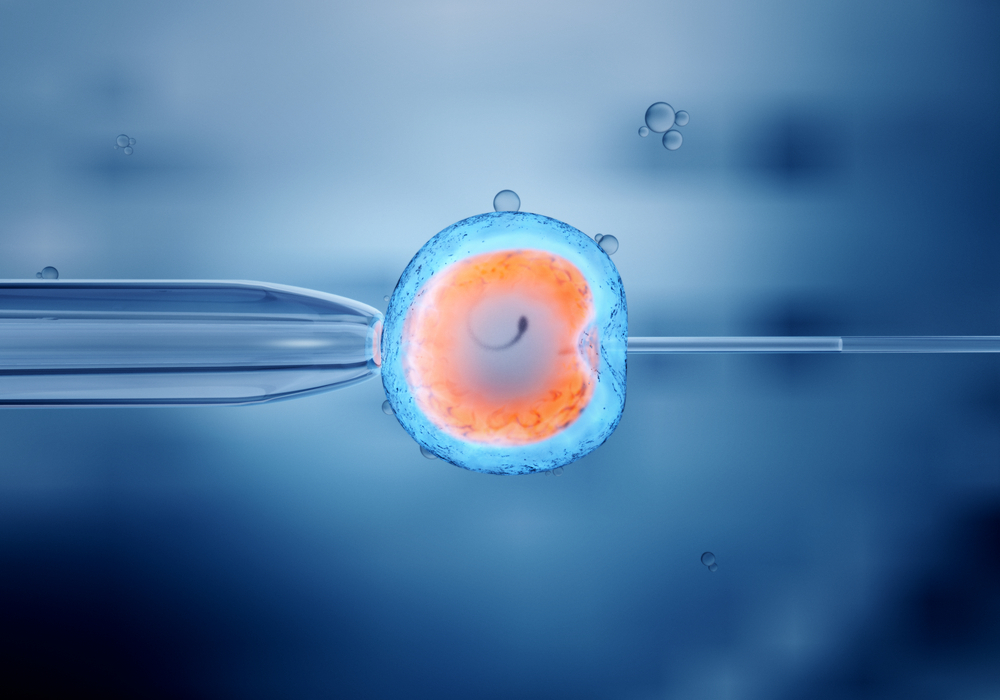Many things that are part of your daily life can cause decreased fertility and infertility. You can increase your sperm and egg quality by staying away from them.
1. Medicines
Expectant mothers should use the recommended drugs for the treatment of health problems in consultation with their gynecologist. Medicines, painkillers and antibiotics used in the treatment of allergies, colds, cough, stomach diseases, hypertension, diabetes, kidney diseases and thyroid gland diseases can affect reproductive health. You should report all prescription and over-the-counter medications you use to your gynecologist, and alternative treatments should be available when needed.
Men should pay attention to the drugs they use when they decide to have a child. Drugs used in the treatment of hypertension cause se xual reluctance.
Drugs used in cancer treatment affect the testicles and impair sperm production. Methotrexate, which is used in the treatment of psoriasis, damages the testicles and impairs sperm production. Cimetidine used in the treatment of stomach ulcers, phenytoin used in the treatment of epilepsy, colchicine used in the treatment of gout cause a decrease in sperm count.
2. Bodybuilding Drugs
In women, these drugs cause menstrual irregularities, ovulation irregularities, cessation of menstrual bleeding and infertility. In men, it causes testicular atrophy (shrinkage of the testicles), decreased sperm count, azoospermia and infertility. Men and women should avoid using these drugs.
3. Alcohol
The more alcohol a woman drinks, the harder it is to have children. Alcohol prevents pregnancy by preventing ovulation, the transport of the egg and the attachment of the embryo to the uterus. In men, alcohol reduces the number of sperm and the rate of normal sperm. Both mother and father-to-be should not drink alcohol a few months before the planned period of pregnancy.
4. Smoking
Cigarette smoke contains many harmful substances. The damage caused by smoking to reproductive health depends on the amount and duration of smoking. Reproductive health is more affected in women who smoke more than 15 cigarettes a day and women who start smoking at an early age. The time it takes for smokers to become pregnant is 4 times longer than for non-smokers. The probability of getting pregnant decreases by 25-50 percent depending on the amount of cigarettes smoked. Smoking also negatively affects the success of IVF applications. Ectopic pregnancy is more common in women who smoke.
Sperm quality deteriorates in men who smoke excessively. The number of abnormal sperms increases, sperm motility decreases, the risk of miscarriage and unhealthy birth in spouses increases. After 4 months of quitting smoking, many of the harmful effects of smoking on reproductive health disappear.
5. Products Used in Home Decoration and Repair
The chemicals contained in many products used in home decoration and repair harm reproductive health. Paints, thinners and thinners, adhesives can affect reproductive health and cause infertility and miscarriage. In men, these products cause a decrease in sperm count, infertility, and miscarriage and birth of babies with anomalies in their partners.
Exposure to these substances should be avoided when pregnancy is planned and during pregnancy. When your house is painted, start living in that house after it is well ventilated.
6. Products Used in House Cleaning
Furniture polish, multi-purpose cleaners, carpet shampoos, air fresheners, detergents used in bathroom and toilet cleaning can harm reproductive health. When using these products, gloves should be used and the cleaned areas should be well ventilated.
7. Cell Phone
These devices adversely affect reproductive health, especially when used with other devices that emit radiation. Do not bring mobile phones into contact with your body and do not carry them close to your genitals.
8. Electric Blanket
Electric blankets harm reproductive health by creating both heat and electromagnetic fields. Electric blankets cause ovulation irregularities and menstrual irregularities in women.
It causes a decrease in sperm count and motility in men. The use of electric blankets should be avoided, especially during periods of trying to achieve pregnancy.
9. Microwave Ovens
Microwave ovens have been found to cause menstrual irregularities, ovulation disorders and miscarriages in women. The radiation emitted from microwave ovens is thought to reduce sperm count in men. Radiation leakage in microwave ovens produced in recent years has decreased a lot. You should make sure that the door of your oven is closed tightly and stay away from the oven as much as possible while the oven is operating.
10. Electrical Appliances
Many of these devices are not harmful on their own. The effects of multiple devices used at the same time can be combined and harmful. Staying away from working devices and unplugging them when not in use will help protect you from the harmful effects of these devices.
11. Personal Care Products
During the production of products such as paper towels, toilet paper, tampons and pads, a chemical byproduct called dioxin is formed. Found in tea bags and coffee filters, this substance also gets into small amounts of soil, water and air. Dioxin causes cancer and endometriosis in women. Since these products come into direct contact with the mucous membrane of the genital organs in women, dioxin is absorbed. Especially women with endometriosis should avoid using dioxin-containing products.
Vaginal cleanings also harm female reproduction. A 1996 study showed that vaginal douches reduce the chance of getting pregnant by 30 percent. Especially between the ages of 18-24, using a vaginal douche is more harmful to reproductive health.
12. Airplane Journey
Frequent airplane travelers and stewardesses are exposed to atmospheric radiation, and these women experience ovulation irregularities, difficulty conceiving and miscarriages. Atmospheric radiation causes a decrease in sperm count and normal sperm ratio in men.
13. X-Ray
Exposure to ionizing radiation adversely affects male and female reproductive health. It damages the eggs and sperm that carry genetic material in the ovaries in women and in the testicles in men. This increases the rate of miscarriage and birth with anomalies. The fertilization ability of egg and sperm cells is impaired. Men are affected more quickly than women.

